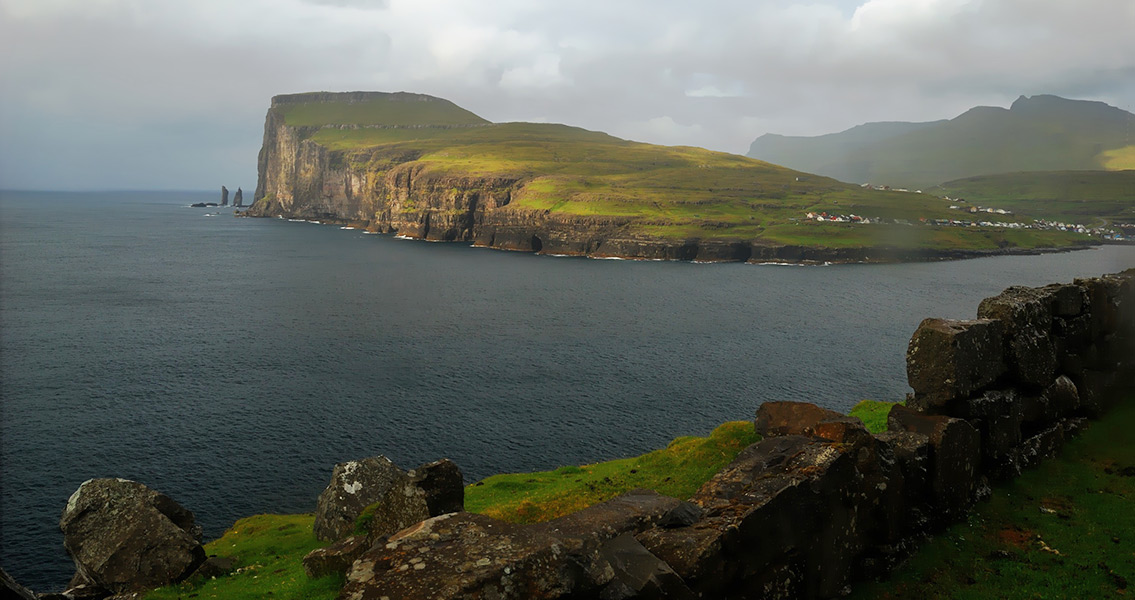<![CDATA[An exhaustive new study has shown that societies with a high vulnerability to food shortages are more susceptible to climate induced disasters. This susceptibility can manifest itself in social changes, as well as environmental hazards. Put simply, the study finds that the prehistoric and historic peoples under investigation endured more dramatic consequences from instances of climate induced disasters when their societies had created conditions making them more vulnerable to food short falls. The impact of climate based disasters was made worse by human made conditions. The conclusions of the research teams composed of archaeologists at Arizona State University and historians, archaeologists and geographers working in the subarctic islands of Iceland, Greenland and the Faroes, have the potential to be hugely significant to modern debates concerning disaster management policy. When assessing disasters, and climate induced disasters in particular, the true impact can't totally be understood merely by looking at environmental risks. The authors point out in their study that social, economic and political processes are just as important in determining the scale and kinds of impacts of a disaster. By applying these considerations historically, to rare climate challenges in the long term history of seven areas, the team have evaluated "... the 'weight' of vulnerability before a climate challenge and the nature of social change and food security following a challenge." This information could be used in the present to aid people to build food security and reduce vulnerability. In the study, four pre-Colombian regions in arid to semi arid deserts were compared to three sub polar North Atlantic islands during the period of Norse occupation. Eight variables were applied to each case, including social, political, economic and environmental factors, to quantify vulnerability to food shortage before extreme climate events. "We were drawn to this collaboration because in spite of the different environments, cultures, histories, climates and identities of the two regions, we were asking the same kinds of questions about human capacities to address challenging climate conditions," said lead author Margaret C. Nelson, President's Professor in Arizona State University's School of Human Evolution and Social Change, in a press release. Evidence of the relationship between vulnerability and consequences of a climate disaster is shown in the example of food security, as the study explains: "This analysis of historically and archaeologically documented cases from substantially different regions and cultural traditions shows a consistent relationship between the load of vulnerability to food shortage before a challenging climate event and the scale of impact following that challenge" Taking social aspects into account, the research paper shows that in both the North Atlantic islands and the deserts of the US Southwest, substantial change occurred in regions of high vulnerability following a climate challenge, while little social change occurred where vulnerability levels were quite low. Measures of social change used in the study include the disappearance of social institutions and population declines. The study highlights the myriad ways in which history can inform the present. ""Our ability to combine our knowledge has led to understandings of this issue that transcend a single region, climate type, people or tradition." said Nelson, in the press release. For modern disaster management, the study reveals the importance in assessing a society's vulnerability to food shortages. "Attention to social conditions that create vulnerabilities to food shortage is essential in resilience to climate challenges." The effects of disasters could be reduced if attention is paid to the social conditions which can increase the impact of those climate challenges. For more information: www.pnas.org Image courtesy of Wikimedia Commons user: Natale Carioni]]>
Social Conditions Increase Vulnerability to Climate Disasters
